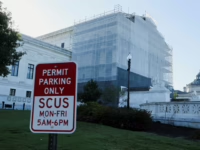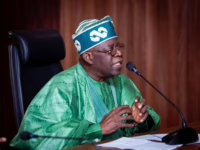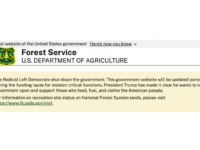
The Catholic Bishop of Sokoto Diocese, Matthew Kukah, has underscored the importance of safeguarding Nigerian workers’ constitutional right to affiliate with unions of their preference.
Speaking while leading a delegation of concerned citizens to mediate the ongoing dispute between Dangote Refinery and the Petroleum and Natural Gas Senior Staff Association of Nigeria (PENGASSAN), Bishop Kukah highlighted the broader implications of the conflict.
In a collaborative statement issued by Bishop Kukah alongside twelve other notable Nigerians, it was emphasized that the recent labor strike has conveyed unfavorable impressions to potential investors.
It is worth noting that Bayo Ojulari, Group CEO of the Nigerian National Petroleum Company Limited (NNPCL), recently attributed the shortage and price surge of cooking gas to this industrial unrest.
“We, the undersigned, express deep concern over the recent disagreements and operational disruptions at the Dangote Refinery. Although government intervention and renewed negotiations between management and labor have temporarily eased tensions, this incident offers critical insights for Nigeria’s economic trajectory.
“For many years, Nigerians have suffered the consequences of failing state-owned refineries, the misallocation of trillions of naira in subsidies, and a heavy reliance on imported fuel. These systemic issues have led to scarcity, inflationary pressures, and heightened insecurity. In this light, the Dangote Refinery stands as more than a commercial enterprise; it symbolizes the potential of ambitious domestic investment.
“The refinery has already begun to alleviate supply constraints, with petrol prices in certain regions dropping from approximately N1,500 per litre to around N820-a remarkable 55% decrease. This reduction positively affects transportation and food costs, offering Nigerians a tangible example of how local production can enhance everyday living. It also sends a strong message to both local and international investors that industrial development, rather than speculative ventures, remains viable in Nigeria.
“Nevertheless, the strikes and associated threats during this period have cast a negative light. If not managed prudently, industrial conflicts risk deterring both domestic and foreign capital at a time when Nigeria urgently requires investment and innovation. A refinery of this magnitude is a critical national asset, with significant implications for employment, energy stability, and inflation control.
“Respect for workers’ rights is paramount. The Constitution guarantees the freedom to organize and seek equitable treatment. No business can flourish without a motivated and fairly compensated workforce.
“At the same time, market stability and productivity must be preserved. The right to unionize should not be exploited to paralyze the economy. Enterprises that reduce costs and generate employment deserve protection.
“Transparency, social responsibility, and accountability must remain foundational principles. Investors of this scale are expected to operate openly, uphold just labor standards, and reinvest in the communities they impact,” the statement declared.
Among the other signatories were education expert Abubakar Siddique Mohammed, human rights advocate Aisha Yesufu, economist Arunma Oteh, and investment banker Atedo Peterside.























0 Comments